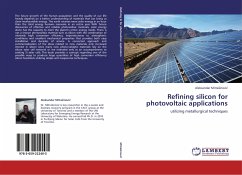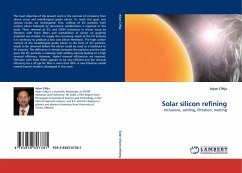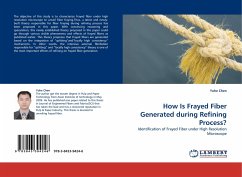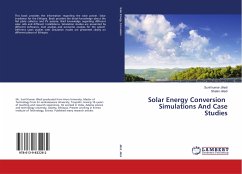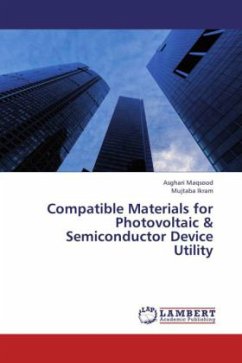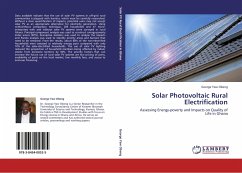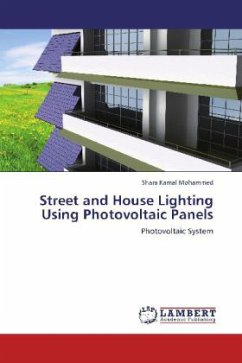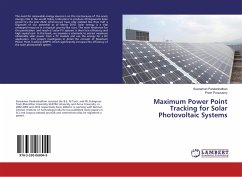The future growth of the human population and the quality of our life heavily depends on a better understanding of materials that can bring us clean inexhaustible energy. The earth receives more solar energy in an hour than the total energy humans consume in an entire year. With future discoveries of effective and reliable photovoltaic materials, solar energy alone has the capacity to meet the planet s entire energy needs. There is not a known photovoltaic material such as silicon with the combination of relatively high conversion efficiency, imperviousness to atmospheric conditions and excellent mechanical properties that provides both easy installation and decades of service. A concerted approach and commercialization of the ideas related to new materials only increased interest in silicon since many new photo-catalytic materials rely on the silicon solar cell network or are intended only as an accompaniment to existing Si solar cells. This book provides a concept regarding oneof the possible ways to produce large quantities of high conversion efficiency silicon feedstock utilizing simple and inexpensive techniques.
Bitte wählen Sie Ihr Anliegen aus.
Rechnungen
Retourenschein anfordern
Bestellstatus
Storno

